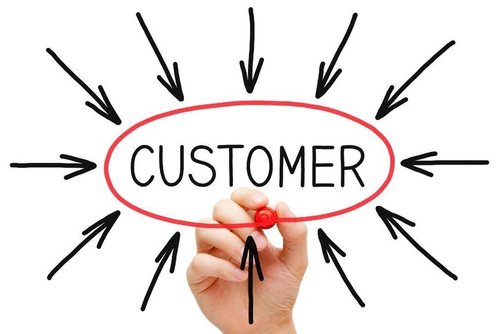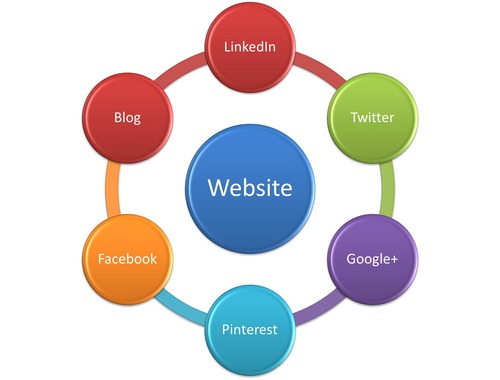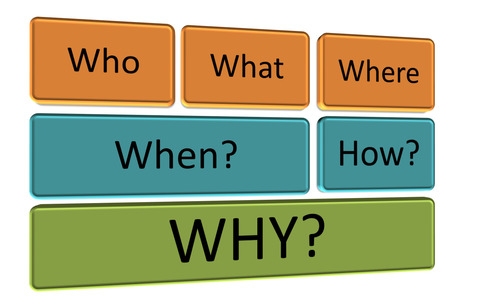“…classic business school thinking always told us that when your customer-satisfaction numbers hit 95 percent or even 98 percent, it’s a waste of money to try to push beyond that because some customers are just grumpy and implacable by nature and you can’t do a thing about that. So move on, we were told.”
“And that was okay back in the old days when the seller was in control… But today, that model’s got about as much vitality as the local video store.”
“Unhappy customers — even if it’s only 2 percent of your total customer universe — now have the voice and the authority to exact a painful price…”
by Mark Hurd, President at Oracle
Read more: Mark Hurd, President of Oracle on LinkedIn
Mark builds a valid case as to why the CEO needs to be a main force behind improving customer experience.
One could say he is biased as a software provider. Or one could say he is simply turning on the light and asking business executives to consider the current reality of the situation.
The times have changes, technology is advancing and many of the business processes are built on old technology was is not a match for a few disgruntled customers in the new age of social media.
Give this one a read if you are embarking on a customer experience evolution in your company and you’re unsure if the CEO is on board. It may provide some ideas to help convince them they should be.
See on www.linkedin.com





